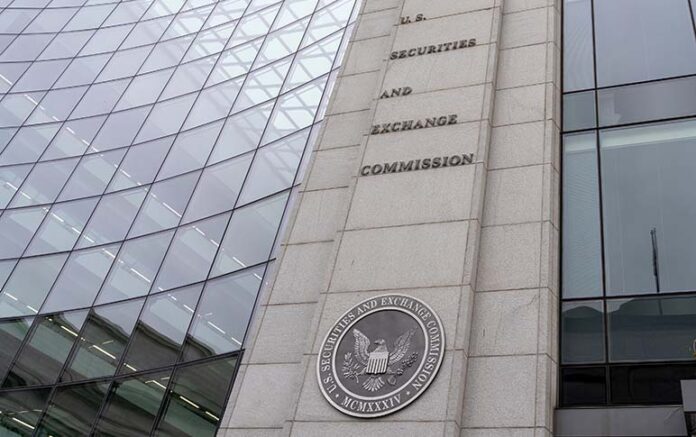November 13, 2020
by
AdvisorHub Staff
|
|
|
JHVEPhoto – stock.adobe.com
The Securities and Exchange Commission on Friday charged former Wells Fargo & Co. CEO and Chairman John G. Stumpf and former retail bank system head Carrie L. Tolstedt with allegedly misleading investors about the success of cross-selling banking, investment and other products and services.
Stumpf, who was barred by bank regulators in January from ever working at a bank and who resigned in 2016 after Wells disclosed that bankers opened unasked-for accounts to meet sales quotas, agreed to pay a $2.5 million penalty to settle the SEC’s claim.
Tolstedt, who also lost her Wells post, is contesting the fraud charges.
Wells Fargo itself previously agreed to pay the SEC $500 million as part of a combined $3 billion settlement it made with the securities regulator and the Department of Justice. Wells Fargo’s board earlier clawed back $69 million of pay from Stumpf and $67 million from Tolstedt.
According to the SEC’s new complaint against Tolstedt, she publicly described and endorsed Wells Fargo’s “cross-sell metric” as a means of measuring the bank’s financial success from mid-2014 through mid-2016, knowing that the “metric was inflated by accounts and services that were unused, unneeded, or unauthorized.”
It further alleges that she signed misleading sub-certifications as to the accuracy of Wells Fargo’s public disclosures when she knew or was reckless in not knowing that statements in those disclosures regarding Wells Fargo’s cross-sell metric were materially false and misleading.
The SEC’s order against Stumpf said he failed to assure the accuracy of the cross-metric numbers before signing and certifying financial report statements in 2015 and 2016.
Wells Fargo in 2018 agreed to pay $65 million to settle charges from New York State that it misled investors about its cross-selling success.
The San Francisco-based bank company stopped reporting the average number of products and services originated by its financial advisors and private bankers the year the scandals came to light.
“If executives speak about a key performance metric to promote their business, they must do so fully and accurately,” Stephanie Avakian, head of of the SEC’s Division of Enforcement said in a prepared statement on Friday. “The Commission will continue to hold responsible not only the senior executives who make false and misleading statements but also those who certify to the accuracy of misleading statements despite warnings to the contrary.”
The SEC complaint, filed in U.S. District Court for the Northern District of California, charges Tolstedt with violating the antifraud provisions of the federal securities laws and seeks a permanent injunction, civil penalties, disgorgement with prejudgment interest, and an officer-and-director bar.
In the SEC’s administrative proceeding, Stumpf, without admitting or denying the SEC’s findings, agreed to cease and desist from committing or causing any future violations of anti-fraud provisions of the Securities Act of 1933 and to pay the civil penalty of $2.5 million.
The regulator said it will combine his payment with $500 million Wells previously paid for distribution to harmed investors.












